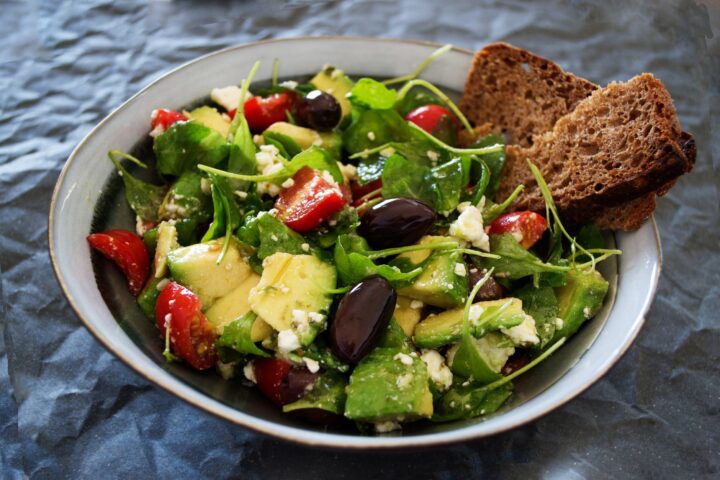Recently the news has described a project to put pulse monitors onto shopping trolleys in Liverpool. This is part of a study to try to identify people suffering from an irregular heart beat (atrial fibrillation). It is a fantastic idea and I hope that it will be successful and rolled out around the country. If this irregular pulse is detected, treatment such as blood thinning medication can be very effective in reducing the risk of strokes in these shoppers.
If you notice that your own pulse is irregular, e.g. by checking it at your wrist or asking your GP or practice nurse to check it (together with your blood pressure) then getting it investigated properly is important. There are even smart watches available which can monitor your pulse and tell you whether it is regular or irregular.
This is all crucial but there are other things which you may do to help reduce your risk of suffering from a stroke. It is often said that what is good for your heart is good for your brain. This is understandable since a stroke is usually the result of narrowed blood vessels supplying the brain and a heart attack is due to narrowed vessels to the heart. In either condition a small blood clot might block off the damaged vessel.
A Mediterranean diet is good for prevention or control of diabetes but if on top of this- your sugar intake is minimised and starches such as flour, bread, rice, pasta and potatoes are very limited- you have a high chance of success. Some people use intermittent fasting or time-restricted eating also for prevention of diabetes. (The latter describes when you habitually have an early evening meal and a late breakfast, with no snacking in between.) A Mediterranean style low carb diet doesn’t just help your circulation, it is likely to help you to control your blood pressure, also essential for the prevention of stroke.

Let’s return to the heart rhythm. If it is fast and irregular, (atrial fibrillation) it is as if the upper chambers of the heart are quivering and a blood clot may form and be released. Adequate magnesium (as above) may reduce the risk, controlling or minimising alcohol intake is also important and oily fish, such as salmon, mackerel and tuna provide omega 3, which may also help to prevent arrythmia. A study by the Karolinska institute in Sweden showed that each additional alcoholic drink daily may increase the risk of atrial fibrillation by as much as 8%.

This may seem like a lot of change but do try and start to adjust your lifestyle to improve your health.
So grab your shopping trolleys and fill them with fresh groceries, avoid the sweet stall, then bypass the bakery and the alcohol aisles and if you do notice an irregular heart beat, get it checked out pronto.
Photo credits:
Shopping trolleys by Polycart; Nuts and Seeds by EdTechie99; Heart and Brain by Jurgo; Healthy Heart Walk by Leo Reynolds






